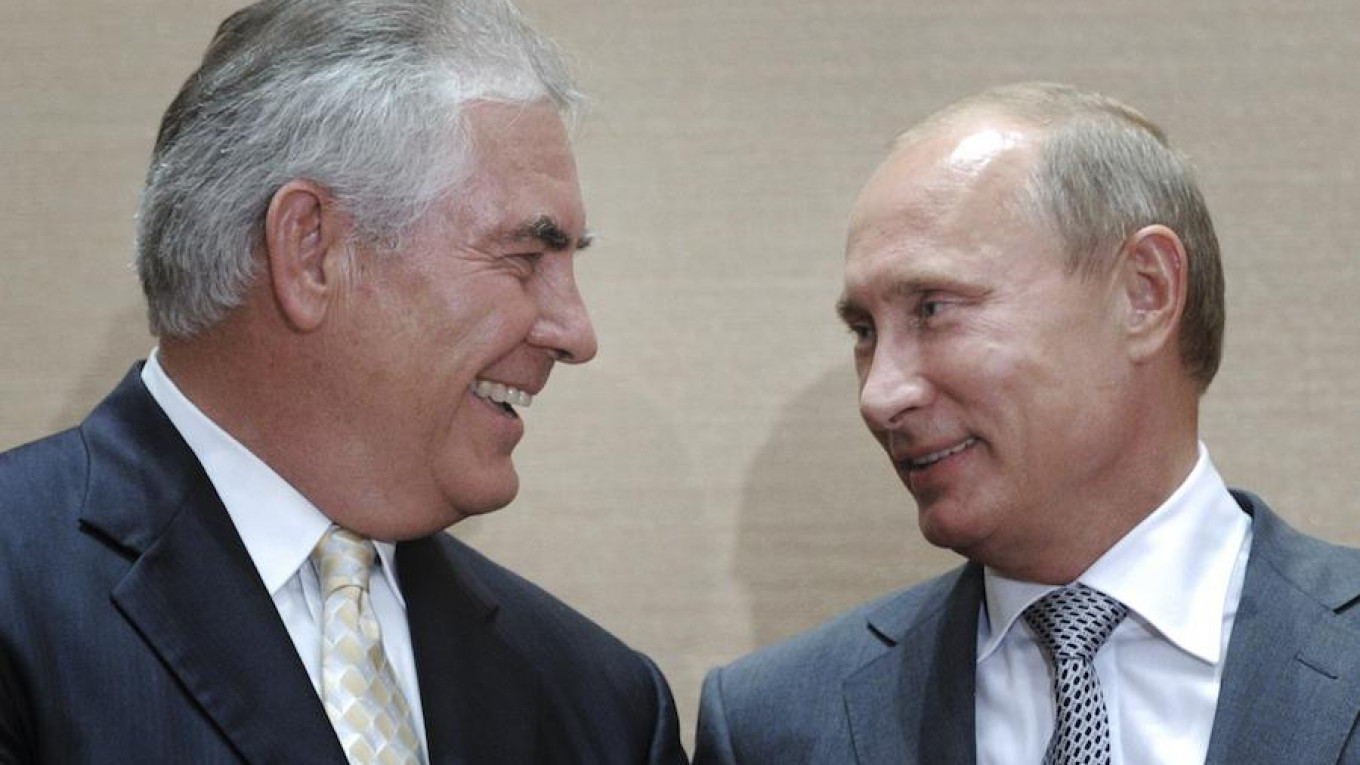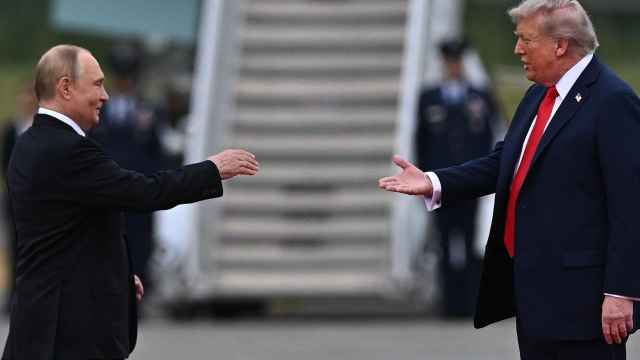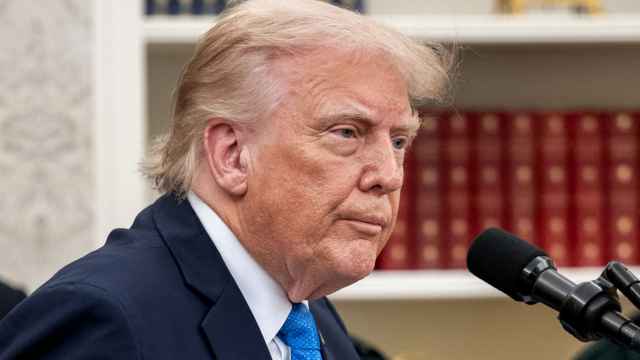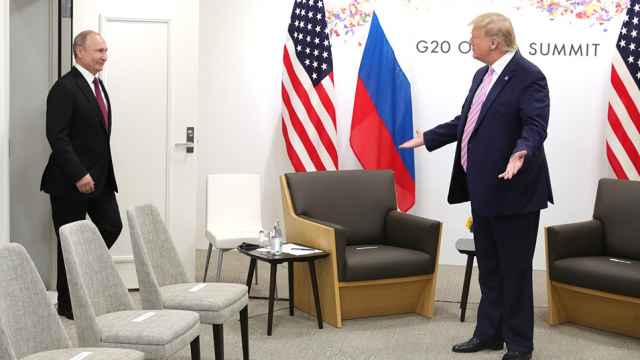Speaking at his Senate confirmation hearing last week, Donald Trump’s nominee for secretary of state, Rex Tillerson, said that Russia is predictable in its foreign policy goals. Russia wants a seat at the table when global issues are discussed, Tillerson said.
“They believe they deserve a rightful role in the global world order because they are a nuclear power,” the secretary of state nominee said. “[Russia] is searching for how to establish that … to force a conversation about what is its role in the global world order. ...That is a fairly predictable course of action they are taking.” Tillerson then advocated for "an open and frank dialog with Russia regarding ambitions so we know how to chart our own course." Some have described Tillerson’s remarks as “the clearest, most coherent statement of intent in U.S. policy vis-a-vis Russia heard so far this century.” Unfortunately, his might be a dated analysis of Russia’s foreign policy goals.
Meanwhile, Trump’s nominee for secretary of defense James Mattis took a darker view of the Kremlin’s intentions. Mattis argued that Putin is both trying to break the North Atlantic alliance and that his policies represent one of the key threats to the global order since the second world war. "I'm all for engagement, but we also have to recognize in reality what Russia is up to," Mattis said, adding that “since Yalta” in 1945, there were a "decreasing number of areas" where the United States might cooperate with Moscow. The argument between Tillerson and Mattis is about the urgency of the Russian threat to the U.S. interests. Tillerson grades that threat as number three, Mattis as number one. Tillerson’s advantage is that his vision of Russia is more Trumpian, while Mattis makes a more conventional threat assessment.
Mattis, however, might have a better grasp of the Russian challenge than his future counterpart.
In terms of military power — and the desire to weaken the United States’ position in the world — Moscow now is a strategic adversary of the United States on a par with the Soviet Union in 1970-80s. “Putin believes the way to restore Russia’s great power status is at the expense of an American-led order, particularly in Europe, but also in the Middle East,” William Burns, a former deputy secretary of state and the president of the Carnegie Endowment told a New York Times columnist.
But that is if the United States defines its core national security interests as maintaining global leadership and providing the global goods that underpin the liberal international order. From this perspective, Russia, which seeks to disrupt and undermine leadership, is a threat to the United States, but perhaps not an immediate military threat.
But what if Washington decides to define its core interests as not having to underpin the U.S.-led world order at all costs. If the United States looks to share the burden maintaining this world order, Russia may not disagree with such a vision, and could, if schmoozed right, become a willing partner in rebalancing of the United States’ responsibilities.
Of course, Moscow is gloating over Trump's victory. It views his naivete as a source of disruption in the US foreign policy process (together with the bureaucratic disruption that is going to be caused by the likes of Gen. Flynn). Russia sees Trump's presidency as a net loss for the United States’ global position that Russia should take advantage of.
Trump's latest suggestion that he might trade Russia sanctions (imposed for Russia's exploits in Ukraine) for a new arms control agreement allows Moscow to secure all of its gains in Ukraine while trading away little of value in nuclear cuts (perhaps even getting the United States to relocate its missile defense systems from Europe). This would amount to a fire sale of U.S. foreign policy positions where Moscow could get a good bargain.
The real question is how Putin will play the Trump card. Will he keep pushing the geopolitical envelope overtly and across the board (as the Soviets did), disrupting US policies and taking advantage of Trump's inevitable mistakes? Or will he temper his appetite and after achieving his goals where it matters most (Ukraine) essentially halt his geopolitical advance and pivot to being a cuddly partner, who just needs to feel consulted and treated as an equal?
Moscow's advantage is that it can pivot in the relationship almost instantaneously from foe to friend. In Russia, only one individual decides what is in Russia's national interest and what is not.
The most promising area of cooperation from Moscow's perspective is fighting "Radical Islam" as Flynn and the likes define it, where Russia, with its ease of making use of force decisions could contribute to alleviating the U.S. burden (it could be Russia who will “bomb the hell out of ISIS” on Trump’s request). “Scaling down American commitments worldwide to focus on domestic issues will offer an ambitious Russia new chances to play a larger role in world politics — potentially even with Trump’s blessing if it means getting Russia to do his “dirty work” abroad with no cost to the budget”, Henry Hale of George Washington University argues in a recent paper.
But Moscow sees this cooperation as contributing to the loss of U.S. influence under the guise of economy of force. It could be a win-win for Moscow, giving the United States the favor of weakening its geopolitical position under the cover of cooperation. If Moscow plays its cards right and does not get too pushy, it could get Trump do Russia's work in terms of disrupting US alliances and weakening US power.
It is precisely the U.S. system of alliances underpinning the liberal international order that Russia is after. The goalposts have moved since Putin made his Munich conference speech in 2007. It is no longer enough for Moscow that the West recognizes its security interests and the zone of influence in the former Soviet Union by eschewing further enlargement of NATO and the EU, as some propose.
Russia has now moved beyond Helsinki (a territorial status quo between the blocks) and is heading toward a new Yalta, as Russian political analyst Alexander Morozov argues in a provocative article, where the entire architecture of the world order will be completely rearranged between the two (or three, if we include China) global superpowers.
Yalta as we know it did not envision NATO or the EU, and neither must the next Yalta, Moscow hopes. The Kremlin has told Japan that the price of settling a 70-year-old land dispute over the Kuril islands is a significant devaluation of the U.S.-Japan security treaty, or as Moscow puts it a “more independent Japanese foreign policy” — which is exactly what Russia has been counselling U.S. allies in Europe.
Tillerson is right that Russia is seeking a “rightful role in the global world order.” What he misses, is that Moscow actually aims at destroying it. Mattis, though, gets the whole picture. Where Trump stands on this is anyone’s guess.
A Message from The Moscow Times:
Dear readers,
We are facing unprecedented challenges. Russia's Prosecutor General's Office has designated The Moscow Times as an "undesirable" organization, criminalizing our work and putting our staff at risk of prosecution. This follows our earlier unjust labeling as a "foreign agent."
These actions are direct attempts to silence independent journalism in Russia. The authorities claim our work "discredits the decisions of the Russian leadership." We see things differently: we strive to provide accurate, unbiased reporting on Russia.
We, the journalists of The Moscow Times, refuse to be silenced. But to continue our work, we need your help.
Your support, no matter how small, makes a world of difference. If you can, please support us monthly starting from just $2. It's quick to set up, and every contribution makes a significant impact.
By supporting The Moscow Times, you're defending open, independent journalism in the face of repression. Thank you for standing with us.
Remind me later.








